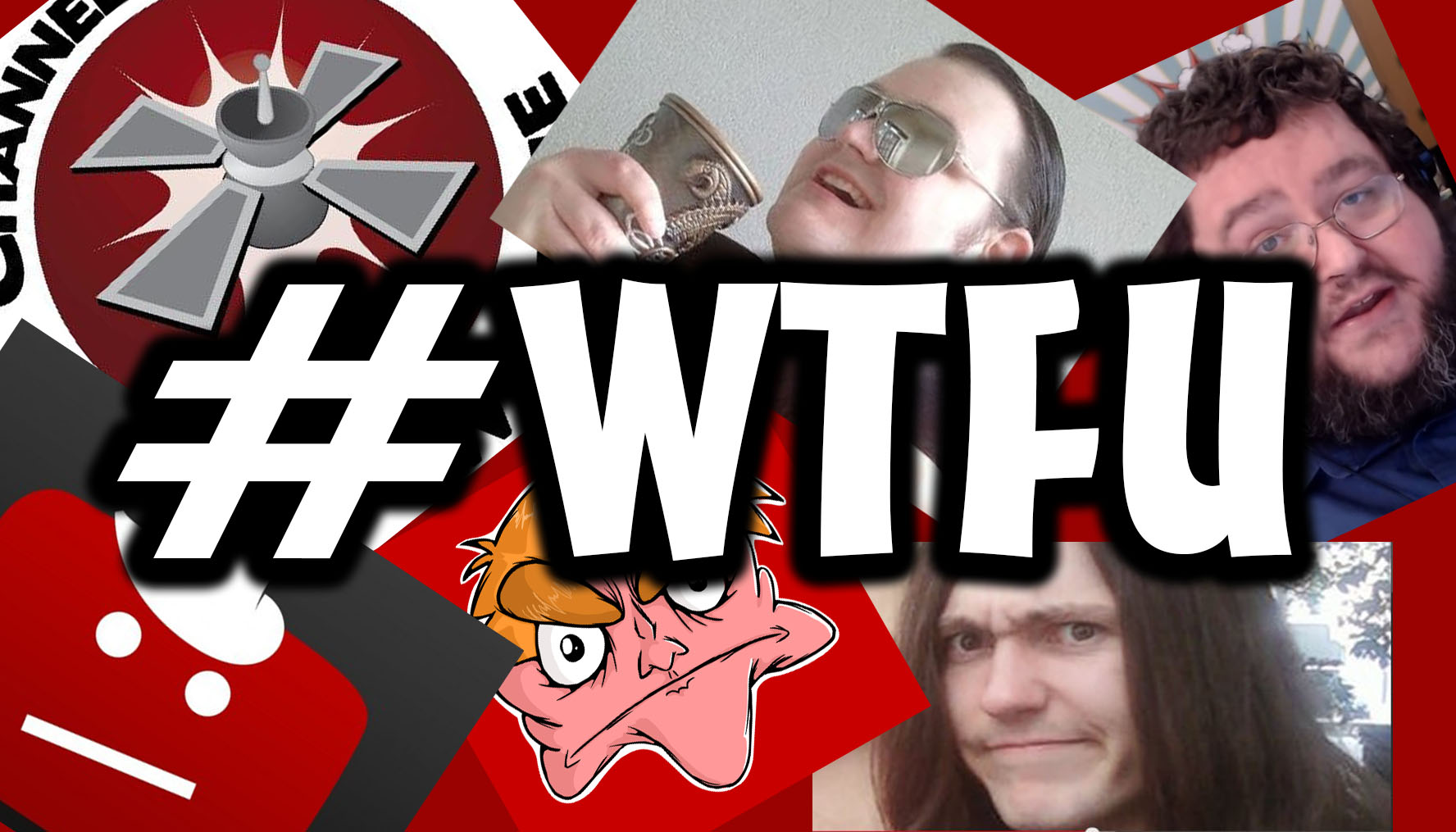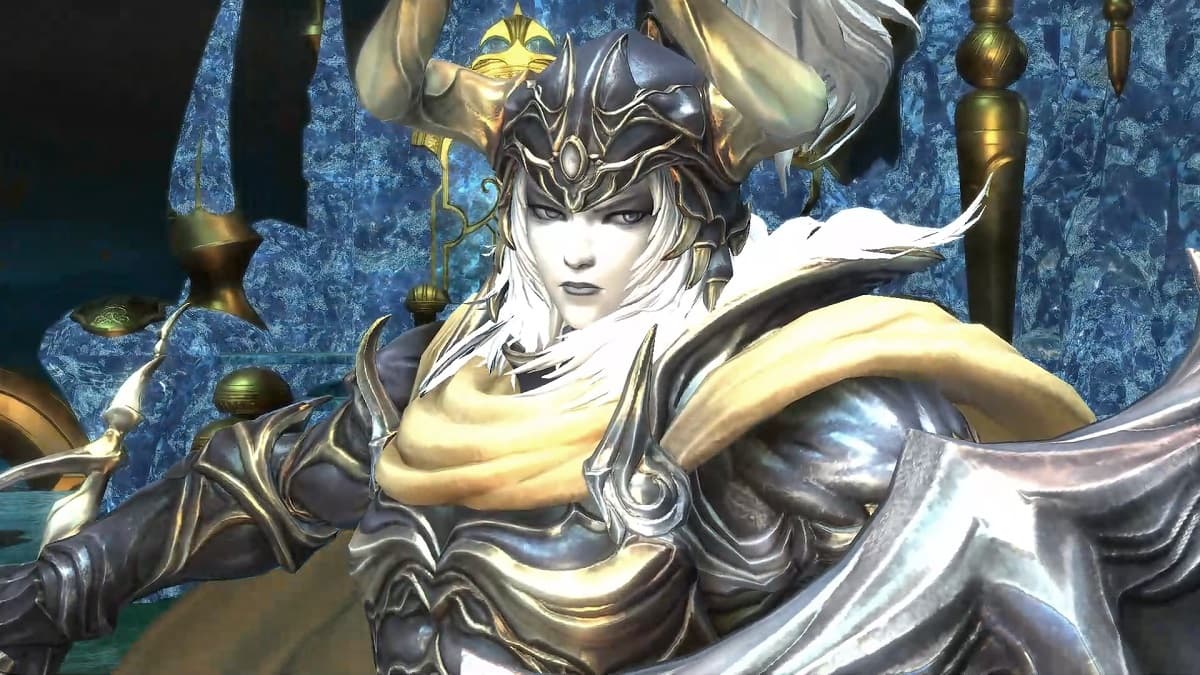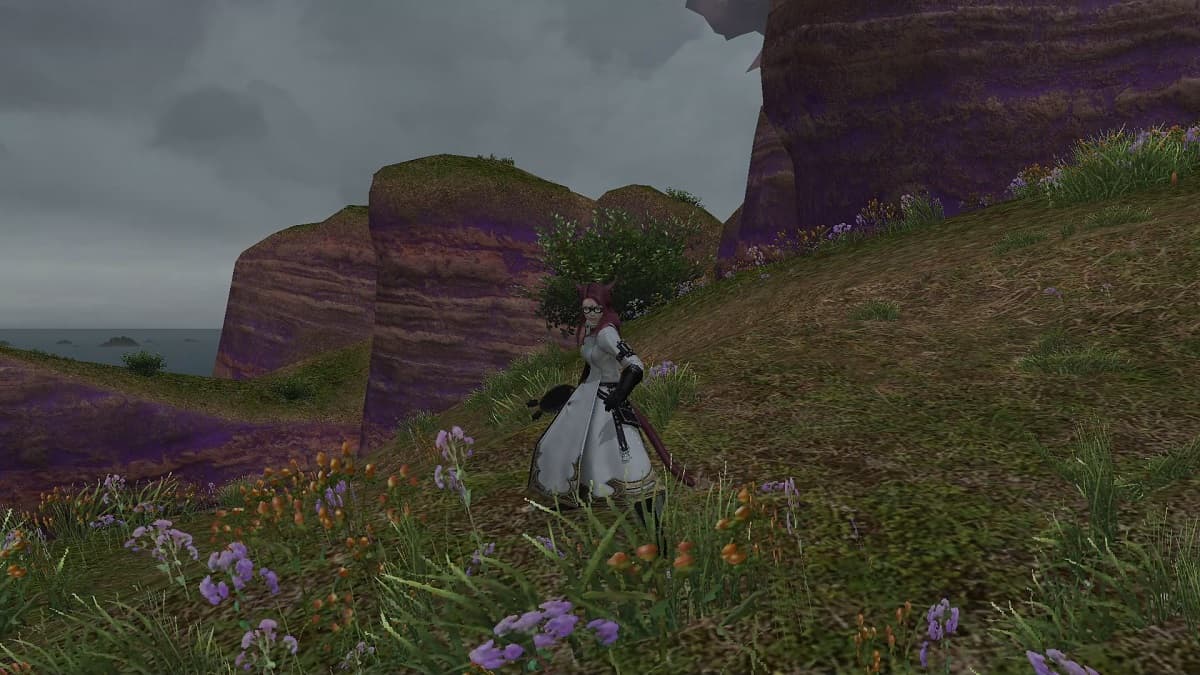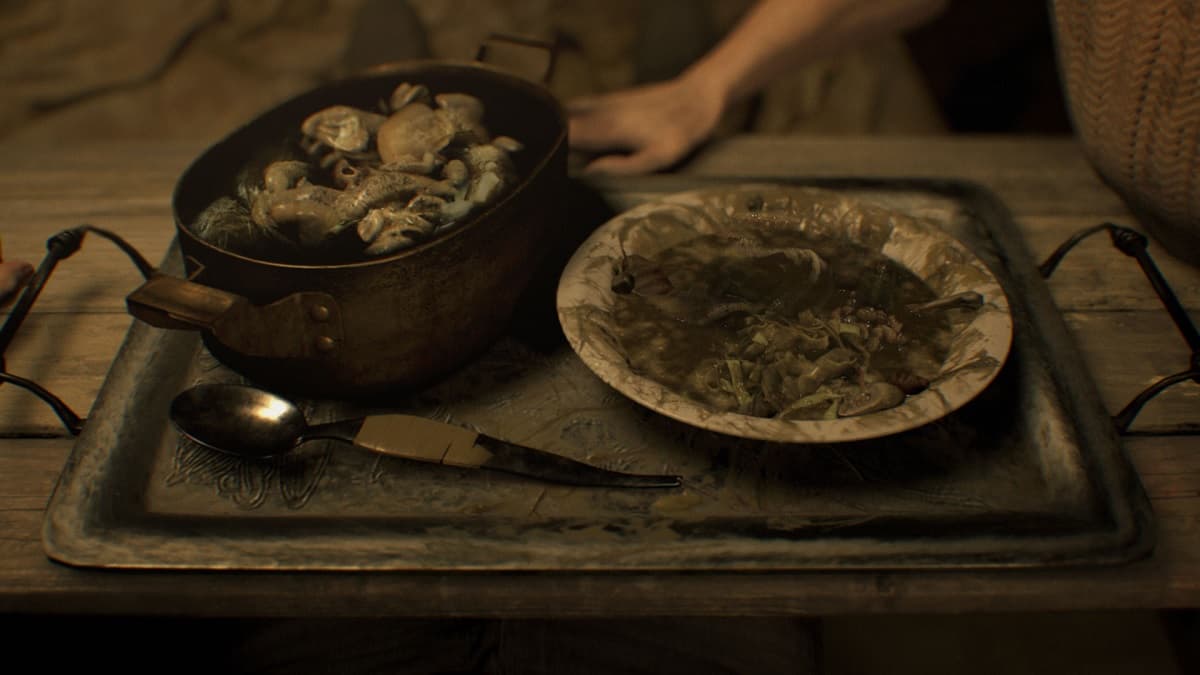As independent writers, critics and content creators we are consistently at risk every day of getting our work – and sometimes our livelihood – taken away from us. And this happens for one reason only: because people and companies are far more greedy than we give them credit for.
The Start of a Movement
For some time now there has been issues with the Fair Use policy on YouTube. In essence, most reviewers and content creators are protected under the Fair Use policy, and should be safe from most copyright strikes and claims.
In a recent video from Doug Walker (aka the Nostalgia Critic) he, and a few other YouTubers take a look at how broken the DMCA on YouTube really is. It explains in great detail how a strike can cripple your channel, take away your earnings, and get your channel taken down, with absolutely no repercussions for the person making the illegal claims.
Most of us have heard this song and dance before, it’s really not news. But after YouTube re-introduced their ‘Copyright bots’ a few years ago – which is a system that automatically scans videos and checks for stolen content – the copyright system has been abused to death, with little to no real response from YouTube.
As such YouTubers are now banding together under the hashtag Where’s The Fair Use? #WTFU?
It’s a good question; especially since there is absolutely no penalty for people filing false copyright claims, despite possibly shutting a channel — and a person’s active income — down.
Why was this copyright system instated?
After Google bought YouTube in 2006, Viacom immediately went to court and sued them for all the videos showcasing their content. The suit was dropped however when YouTube quoted the Digital Millennium Copyright Act, (or DMCA) which, under law, protected all of their users. During this time, YouTube didn’t accept any sort of gaming footage, just because games could infringe on copyright and perhaps hurt larger companies. Essentially, they didn’t want the risk of getting sued.
However, they realized that their copyright bots, which were instated to protect companies, were beating their users into the dust. To alleviate this, they instated Networks, to be a sort of buffer between them and the companies. These Networks would take some (sometimes a lot) of your revenue, check your content, and support you in case someone hit you with a copyright strike.
It worked well for a time, but then a few years ago YouTube got a bee up its little red bonnet and reinstated the copyright bot. This time, it affected only certain channels, and essentially made Networks moot. Since then the system has been abused to death.

The effects of abusing Fair Use
Jim Sterling and Total Biscuit are some of the more famous YouTubers to get their content removed due to unfair and illegal copyright strikes. And every day more and more gamers, critics, and YouTubers are getting the proverbial finger from companies and game developers.
Smaller channels seem to get the worst of it. Because they’re not constantly in the public eye, they are far more easily flagged and bullied into oblivion by companies, and (sometimes) even by larger channels.
Another famous YouTuber called boogie2988 responded to Doug Walker’s video, and added:
“If you are making [YouTube] a lot of money, then you get access to fair use,”
The more money you make, the easier it is to dominate smaller channels, and keep them under your proverbial heel. YouTube’s current system enables larger channels and Networks to do just that. With still no repercussions to be seen.

He goes on to say:
“The current system, the way it affects me and 98% of other YouTubers, is hypocritical, it’s one-sided, it favors the corporations, it favors top-tier YouTubers and it leaves the rest of us with our ass in the wind.”
Amen, Boogie. But still, we’re not seeing a lot of change. Most would blame YouTube, it clearly isn’t doing its job. But in November 2015 they seemed to at least shuffle in a general direction of ‘we’re trying’.
They offered a protection program to a select few smaller YouTube channels, one of which is Jim Sterling from the JimQuisition. This program offers to pay for legal fees should the YouTuber receive an unfair strike, and the opposing party wishes to sue. The idea is promising, but it’s a pity this is only being shared with very select few YouTubers.
But the problem still remains; YouTubers are still being denied months of revenue because people can’t or won’t understand basic Fair Use policies.
But why are companies doing this?
Currently, there is a sickness in the entertainment industry to censor anything negative about a product, no matter what. And with YouTube’s broken system it’s easier than ever to do just that. For companies, it’s a quick and easy way to censor bad reviews just long enough to hopefully boost sales. But it’s also a sure-fire way to make a company pretty damn unpopular at the next E3.

There is an old saying ‘there is no such thing as bad publicity’ (with the way the companies are treating reviewers, you could have fooled me) but what these companies don’t seem to get is this:
People will forgive a bad game, but they won’t forgive a bad person.
Essentially if you make a bad game and own up to it, most players will accept it and move on. If you make a big deal out of it, and act like an ass, we won’t. We are still customers, and we expect to be treated as such. When someone tells you your restaurant’s steak tastes like shit, you’re not going to stab him with a fish-fork, you bring him a new damned steak.

How do we fix it?
That is a bit of a harder nut to crack. In his video, Nostalgia Critic thinks that copyright strikes need to be handled differently. Give more power to the creator and less to the company, which will already give a leg up for most. But on a broader spectrum, the entertainment industry needs to change its overall attitude toward content, because right now the striker holds all the power.
Every single time a reviewer mentions a game, movie or book it should be a good thing for that creator. They need to respect the reviewer as much as they respect and love their creations, because reviewers often go through a lot of effort to not only talk about a movie or game, but do so in an entertaining and engaging way.
They are, in themselves, writers, directors, and designers. To censor them is hypocritical of many of these companies. These content creators defense should be YouTube, who doesn’t really seem to care, or make a real effort of doing much of anything.
I Hate Everything, a YouTuber who recently had a run-in with the poor copyright system, had this to say:
“The most excruciating part was the lack of human interaction from anyone at YouTube. So it makes you feel pretty helpless, and pretty worthless. There was no one I could contact to fix a very, very simple problem,”
But right now a lot of channels on YouTube are standing up, all curious, all making videos, and all asking the same question:
Where’s the fair use?








Published: Feb 21, 2016 12:04 pm